I imagine that many of you are familiar with “What To Expect When You’re Expecting“, a book recommended to pregnant women about various scenarios that a woman could encounter regarding the health of her baby. I’m sure the author’s intention wasn’t to scare the sh*t out of expectant parents, but some folks might have reacted that way.
It seems like advice to new chicken ‘parents’ is quite the opposite: birds are simple, low maintenance pets that once you’ve secured a decent shelter all you have to provide is food and water. From years of chicken keeping, and far too many hours spent in online poultry groups, I can attest to the fact that chickens are vulnerable to pathogens and predators and plain old ignorance from their well meaning keepers. And the difference between human parents and chicken keepers is we may not have access to reliable professional help.
New parents are coached on kid-proofing their home, car and environment to protect their little charges from innumerable potential dangers lurking around every corner. I wish that chicken keepers were as vigilant and aware of everyday risks that could affect their flock: attacks by dogs, being run over by cars, injured by unsecured coop doors or ramps, stepped on by other livestock, to name just a few.
I’ve put together a handy checklist for fellow poultry keepers to keep you on your toes and looking out for potential dangers so you can avert them.

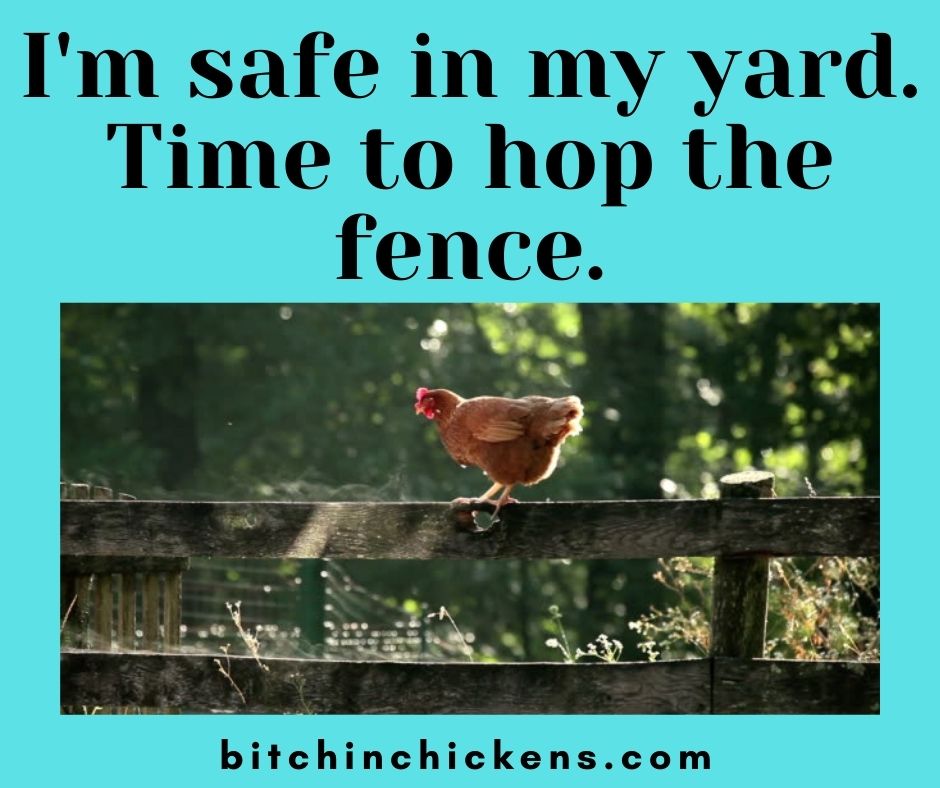
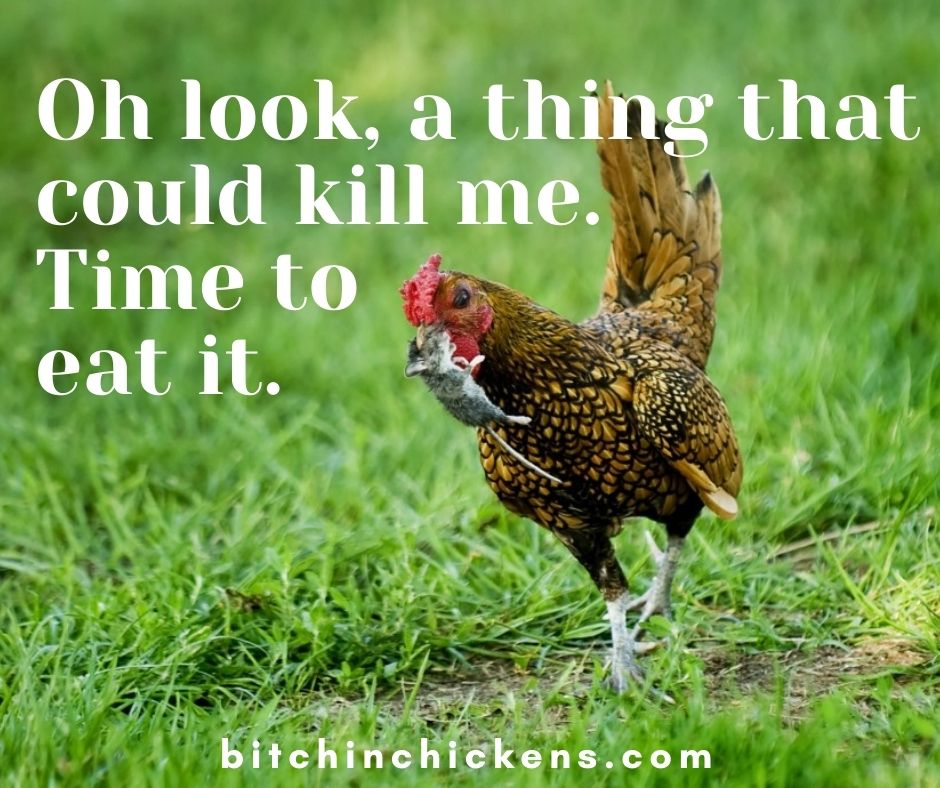
Drowning can occur in very young chicks that can fall into adult sized waterers. My recommendation is to provide a chick-sized water container, or place marbles in the reservoir so they have reduced access to the shallow water. Many of us have probably seen images of swimming chickens, but not all of them are so adept. They can fall into water troughs, kiddie pool or ponds without a way to get to safety. Be aware of those dangers and provide a means for your flock to get out if they do happen to fall in.
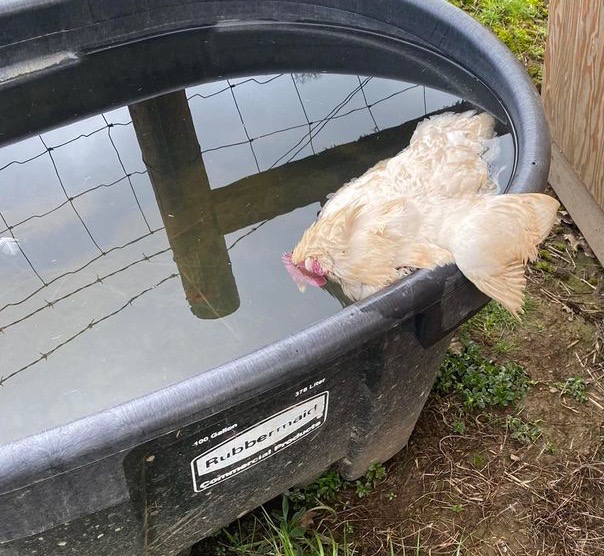
Entanglement Chickens can easily get caught up in plastic netting or metal fencing. If they end up hanging upside down it can cause dislocation, fractures, nerve damage and even, death. If you’ve got a rooster trim (not remove) his spurs to prevent potential injury. I have half a dozen hens with spurs, smaller than my rooster’s, but still able to get caught in fencing. Last year, one of my hens did get caught in the pen netting. Luckily, she was lying on the ground, but unfortunately that made her a target of pecking from the panicked flock. (She made a full recovery after a few days in the infirmary).
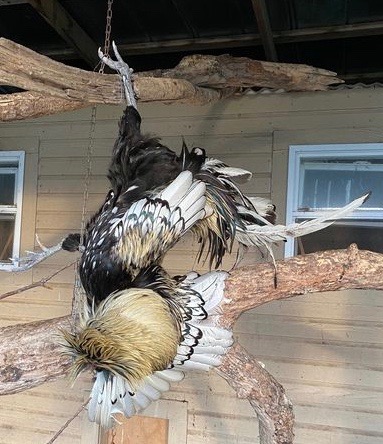
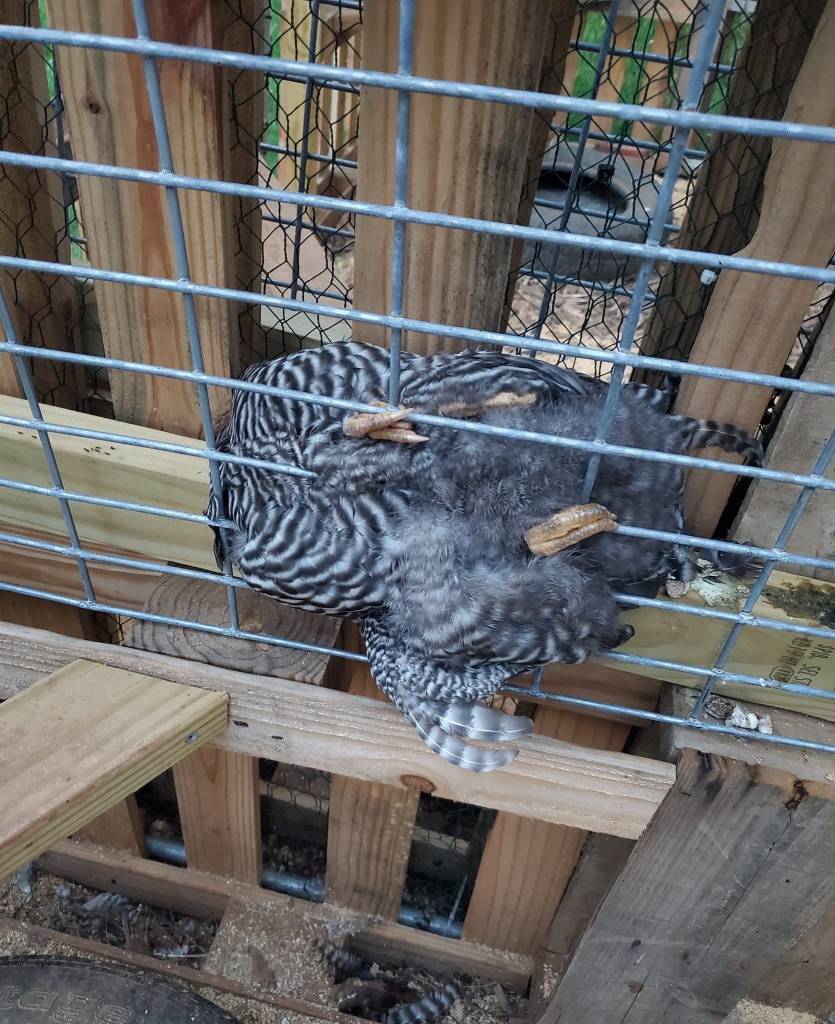

Foreign Body Ingestion They say diamonds are a girl’s best friend, but apparently chickens like them too. I’ve read of a number of cases in which owners are holding their chickens close to their face and the birds, attracted by shining things, peck out earrings and nose rings in no time. They also love bits of plastic, cigarette butts, hair bands … you get the picture. They’re fast, so make sure to keep anything of potential interest out of sight/reach.
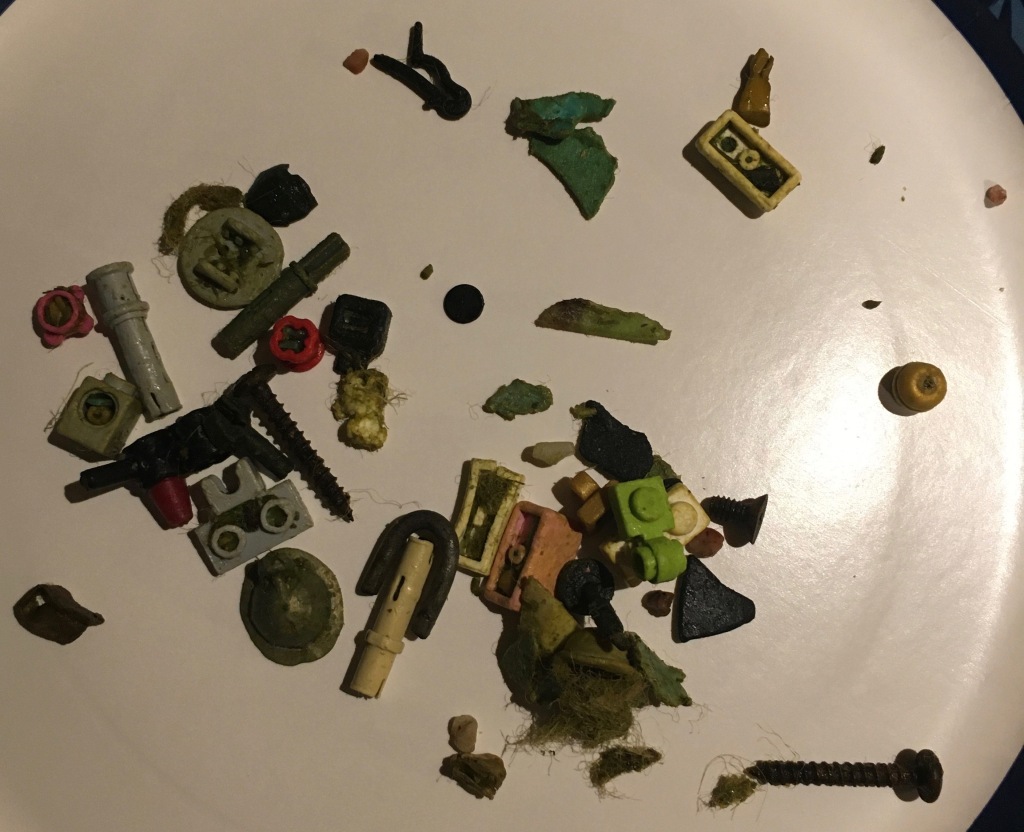
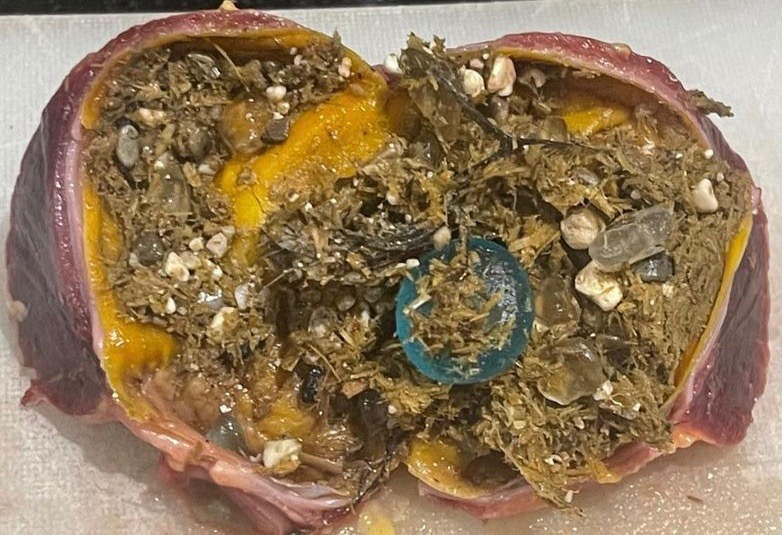
(Mauve Meadows Homestead)
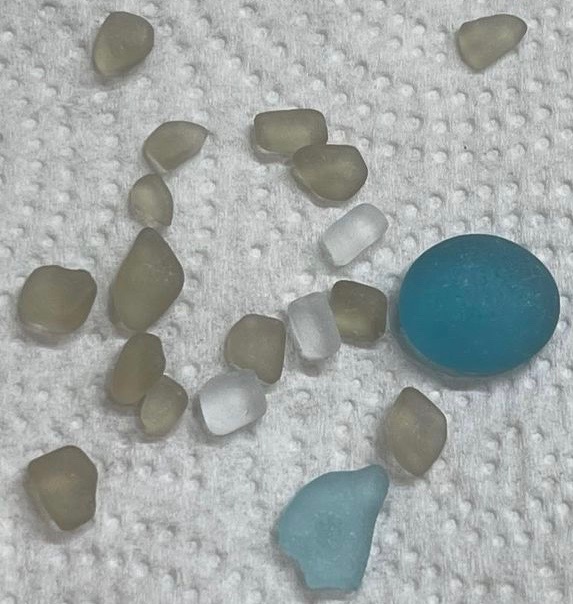
(Mauve Meadows Homestead)
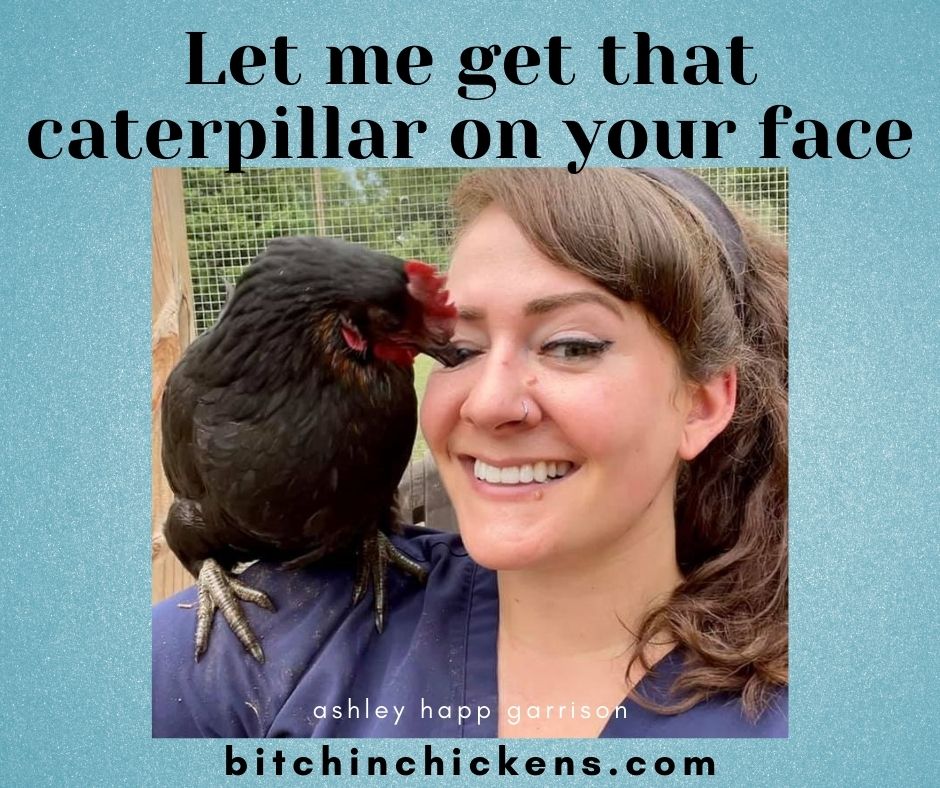
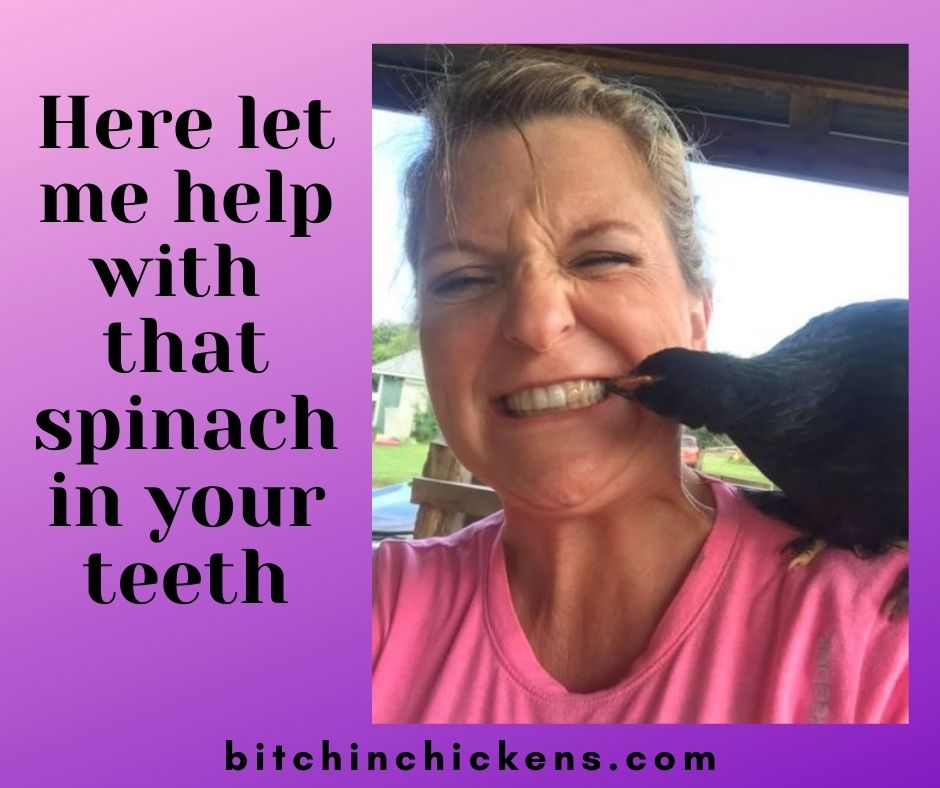
Hardware Disease Chickens explore their world beak first and often peck at things that aren’t edible or healthy. If they manage to ingest metal objects they can lead to poisoning. Once inside the digestive system metal begins to corrode and zinc is absorbed into the bloodstream causing damage to, and rupture of, red blood cells.
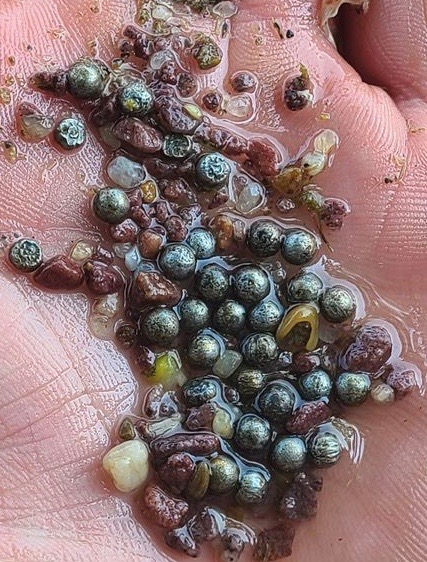
My flock is constantly digging up little treasures from the past: bits of broken glass, buttons, plastic and even a deer antler. As far as I’m aware, they haven’t eaten any of it or if they have, it’s had no negative impact. I’ve done case studies on birds requiring surgery that ingested Lego and various kinds of hardware. If you’re concerned about the metal in your run use a magnetic sweeper to pick up unwanted screws and nails. If you’re doing work around your birds wear a magnetic wrist cuff or use a magnetic sweeper to keep track of nails and screws.
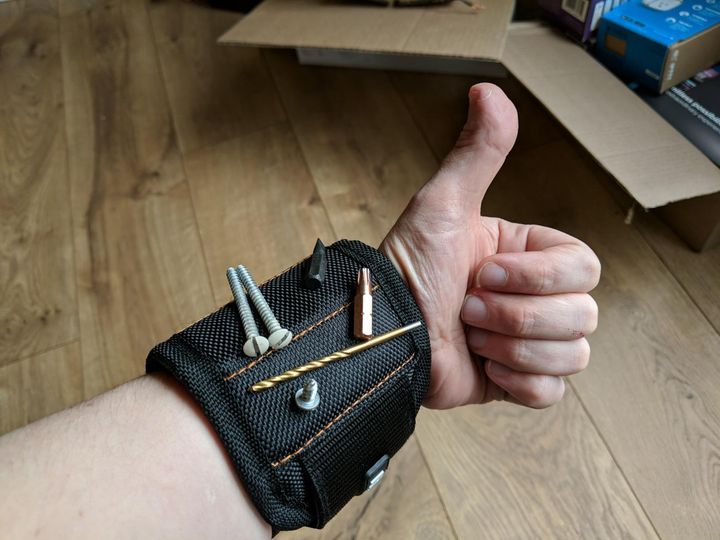
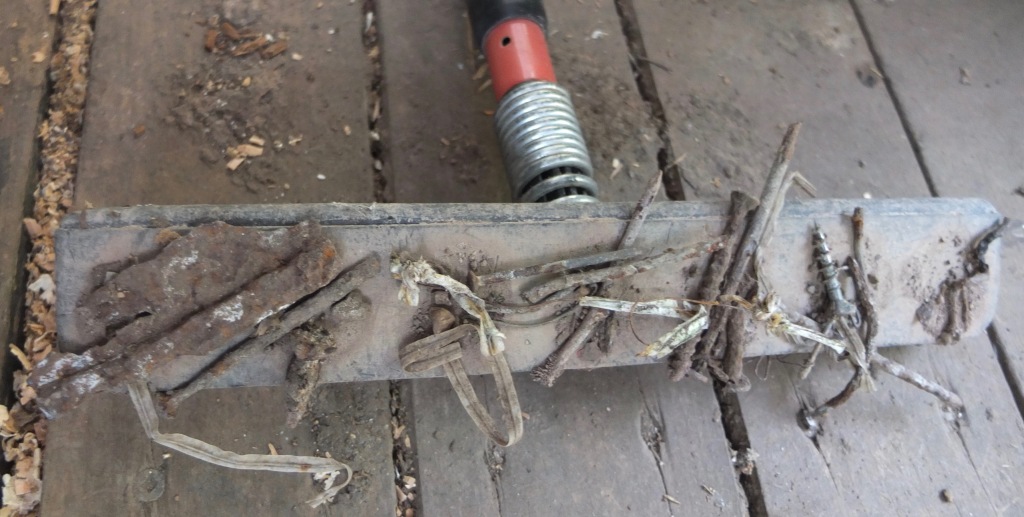
Heat Lamps I know folks swear by them, but they can be a risk for fires. If you do use one, ensure that a chain and not the clamp secure it as well as having a wire cage that prevents direct contact with the bulb. Safer alternatives include heat plates.
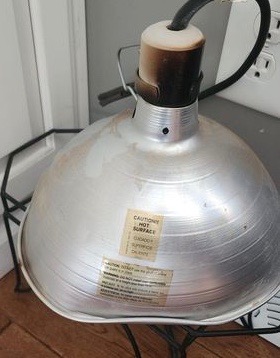
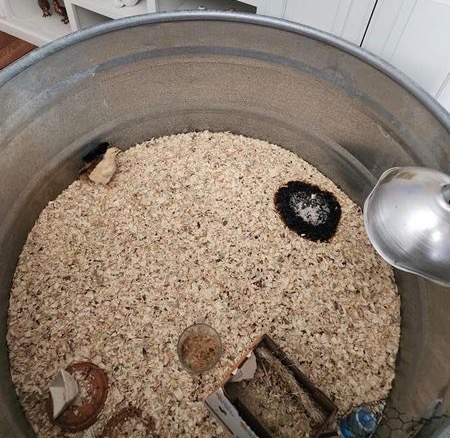
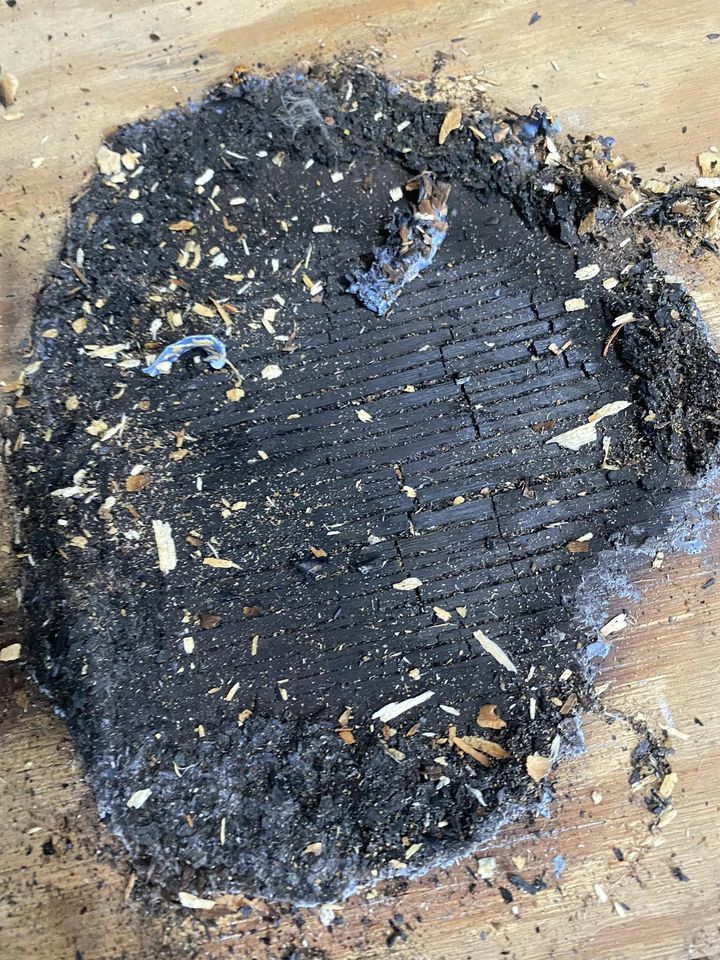
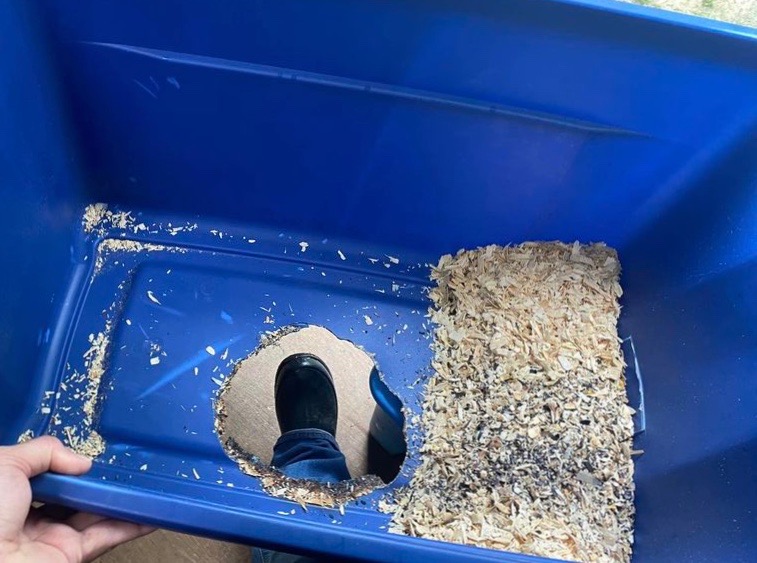

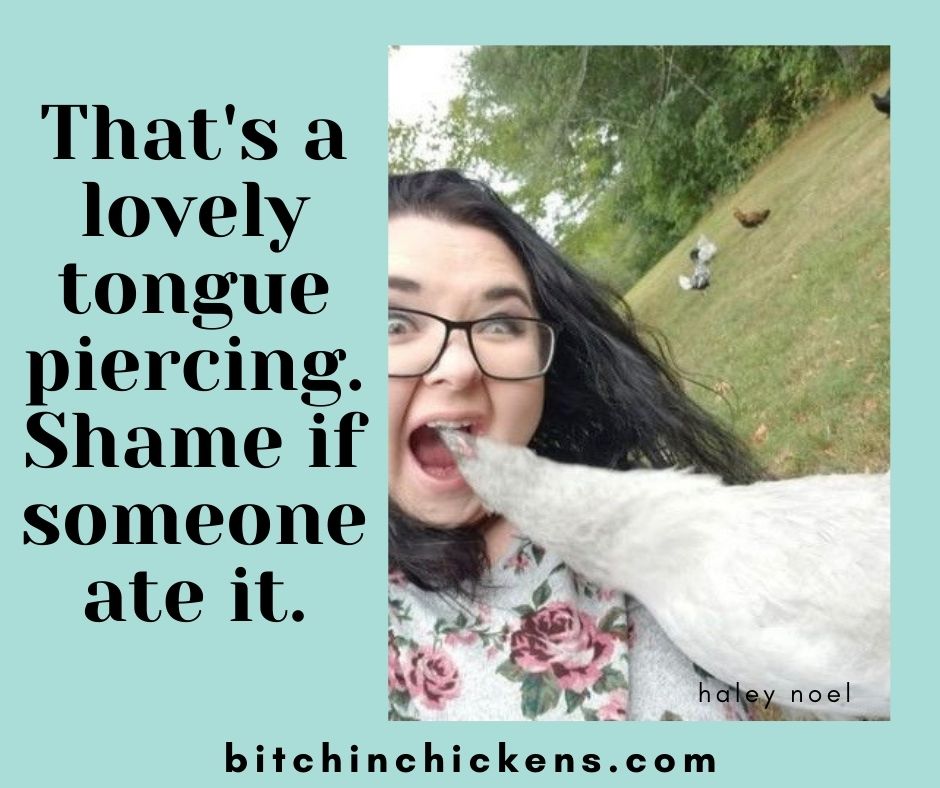
Lead Poisoning Backyard chickens in cities are increasingly being exposed to lead poisoning from contaminated soil. Vegetation that grows on that soil will be a risk for foraging birds. If you use ceramic glazed bowls for your flock’s food or water they may also contain lead. Chickens might be attracted to, and consume, old peeling lead paint.
Lead is a neurotoxin which, when ingested, remains in the chicken’s digestive tract and is stored in the liver, kidneys and bones. It then gets absorbed into the bloodstream, causing anemia and reduces the bird’s ability to absorb calcium. If laying hens are affected the lead can be deposited in both the eggshell and yolk, which has ramifications for human consumption.
Overgrown Leg Bands Lots of folks like to keep track on the individual members of their flock. It’s easy when you’ve got a few birds or they are distinctive looking, but it’s more difficult to monitor them when you’ve got a large flock or similar looking chickens. Leg bands are made of plastic (zip ties, spirals) or metal. Whatever type you choose monitor them to make sure they are changed out as a bird’s legs grow or they can become embedded into the tissue, which can cause necrosis and require amputation.
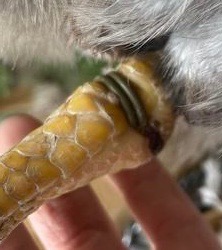
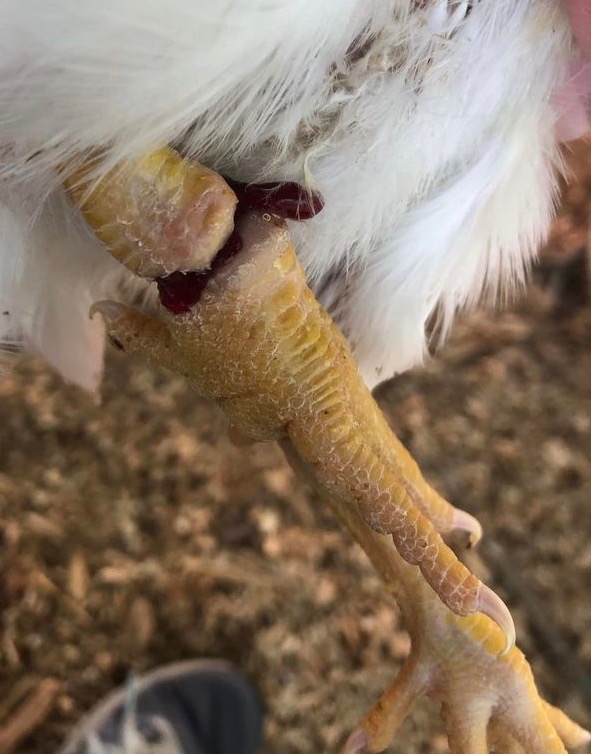
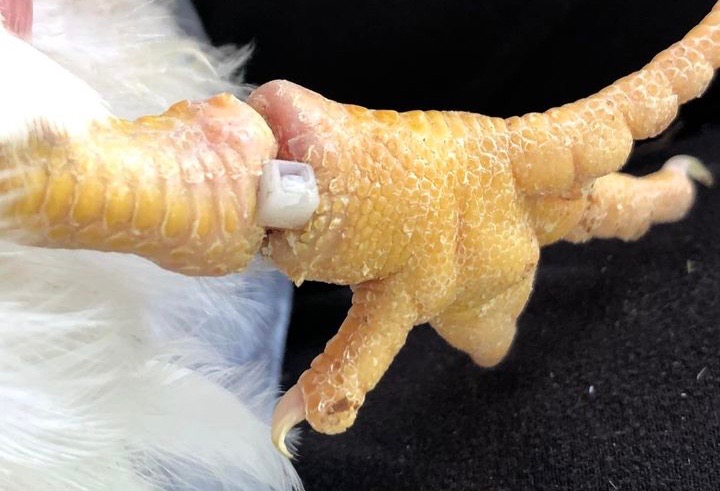
Pinless Peepers are a small plastic device that is fitted into a bird’s nares (nostrils) to prevent pecking and bullying. They are meant to be a short-term intervention but owners often keep them on too long or they are too tight. I don’t recommend their use, but rather encourage you to find more appropriate ways of managing flock dynamics. Those unwanted behaviours are often a result of stress and boredom that when addressed may resolve the issue.
“I purchased a hen that was fitted with pinless peepers. YouTube videos made it seem like it should have come off easily with special pliers. It was horrible. The top curve snapped during removal, the hen cried out constantly and it opened but not enough to get both pins out. We had to use a dremel tool to get it off. When it fell off, her nostrils were bloody.” – Ashley Wegner
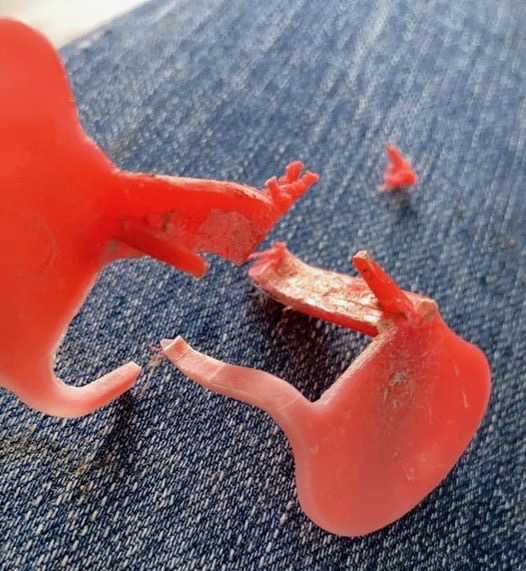
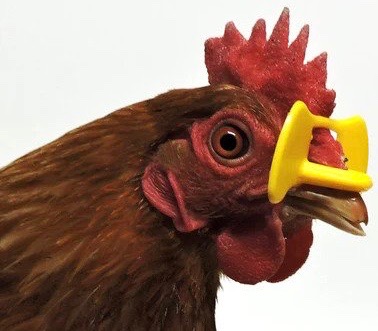

(Kerri Gordon Poulmentis)
Pesticides/Weed Killers North Americans are in love with their manicured lawns and go to great lengths to keep the weed and pesticide free. Unfortunately many of the products used are harmful for both humans and animals. Chickens can come into contact with them through pecking at the soil, eating grass or plant seeds or drinking out of contaminated puddles. If you have to use those products find one that is environmentally friendly and keep your birds away from the treated area for as long as possible.


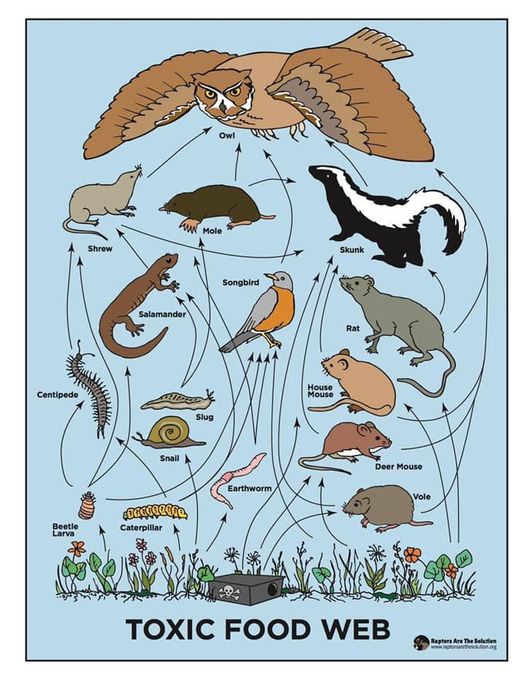
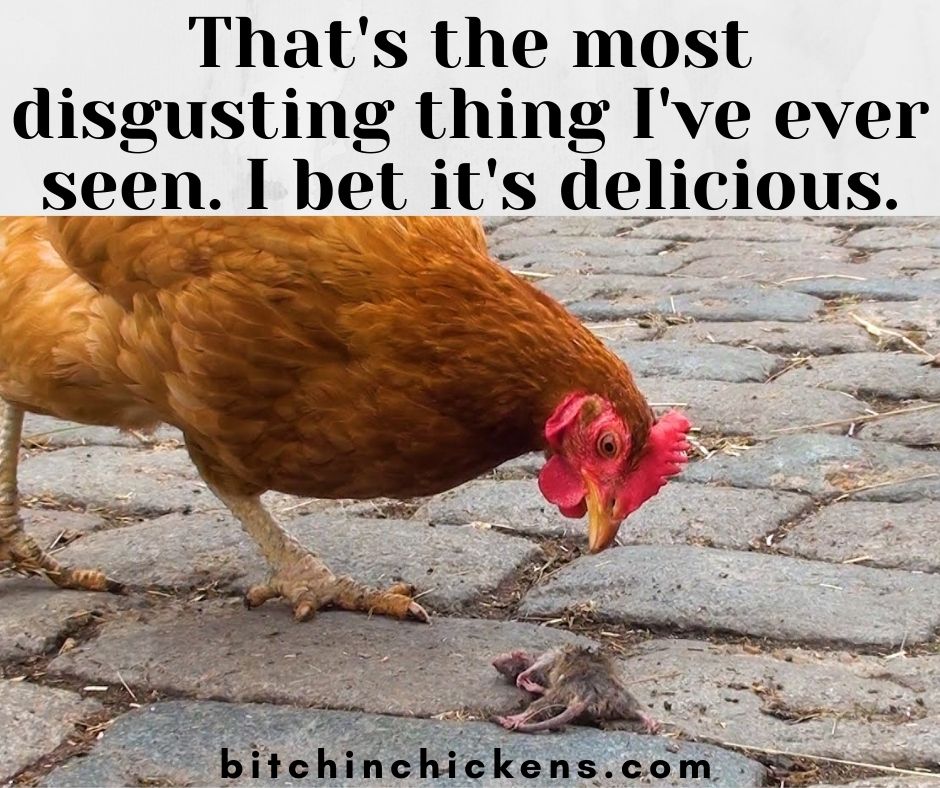
Rodenticide/Rat Traps Most farm folks have issues with rodents attracted to spilled feed. I’m certainly one of them. My coop is sectioned off so that I can use rat traps without fear that my flock will get into them. I do place them in such a way so that wild birds, who sometimes do come into the coop, won’t find their way into them.
I would never use poison. Chickens can inadvertently get into it, but more likely a stricken mouse or rat will be caught by birds of prey who, in turn, succumb to those toxins. I’ve even heard of cases of the family dog or cat dying from consuming poisoned rodents.
Strangulation is defined as the compression of blood or air-filled structures, which impedes circulation or function. If you’re a fan of television crime shows you’re probably well versed in the most common form of strangulation: asphyxia caused by hanging, manual or ligature injuries. In the poultry world it involves things in the environment – feedbag string, monofilament and binder twine – that can cause loss of blood circulation to various body parts resulting in serious trauma. I’ve posted about strangulated leg and foot, as well as a case involving the tongue. Make sure to pick up every bit of string, elastic band, and hair ties that might be interesting to your flock.
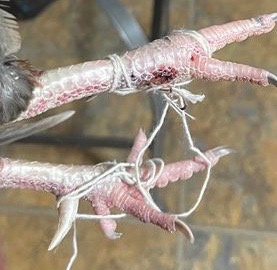
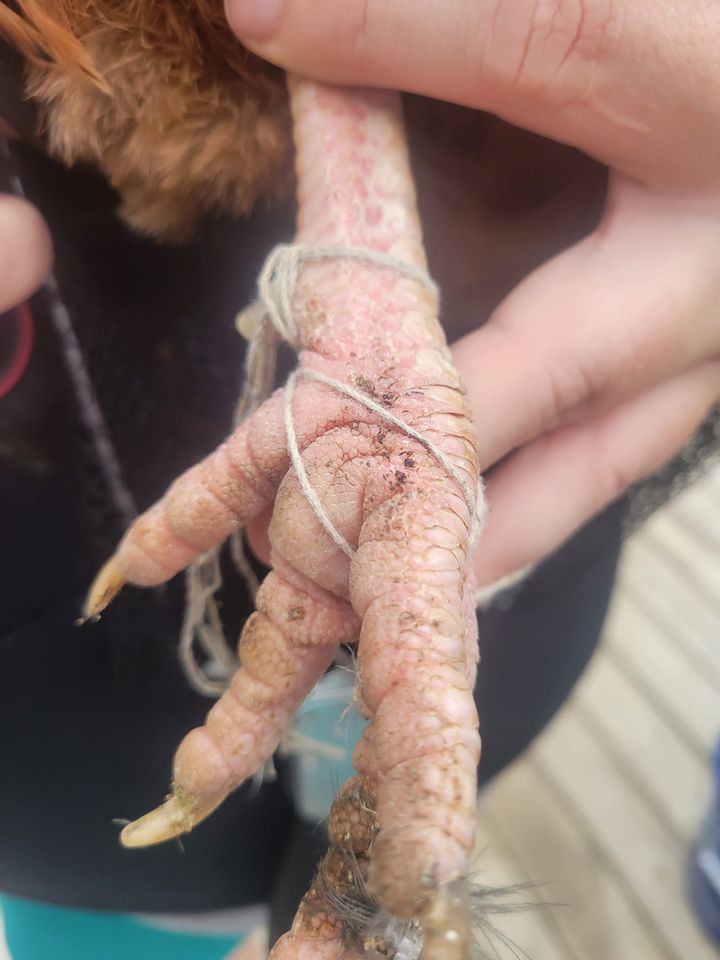
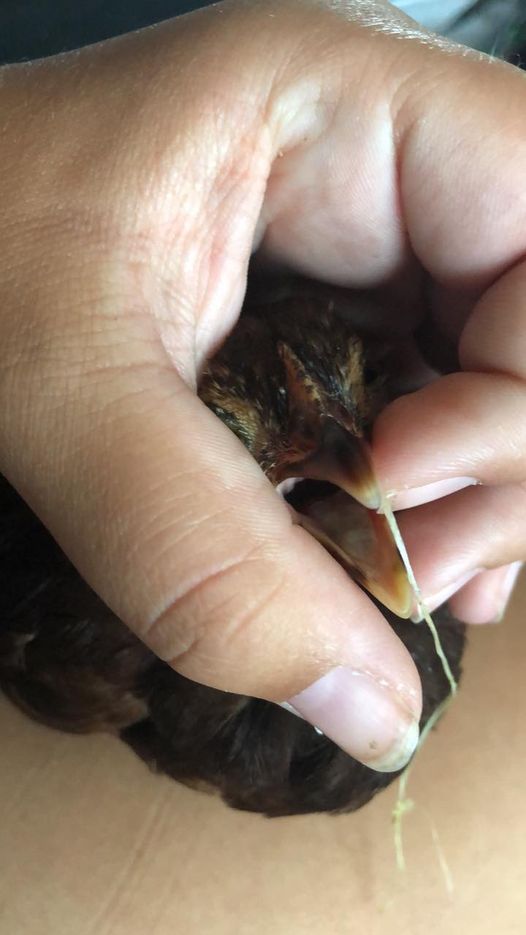
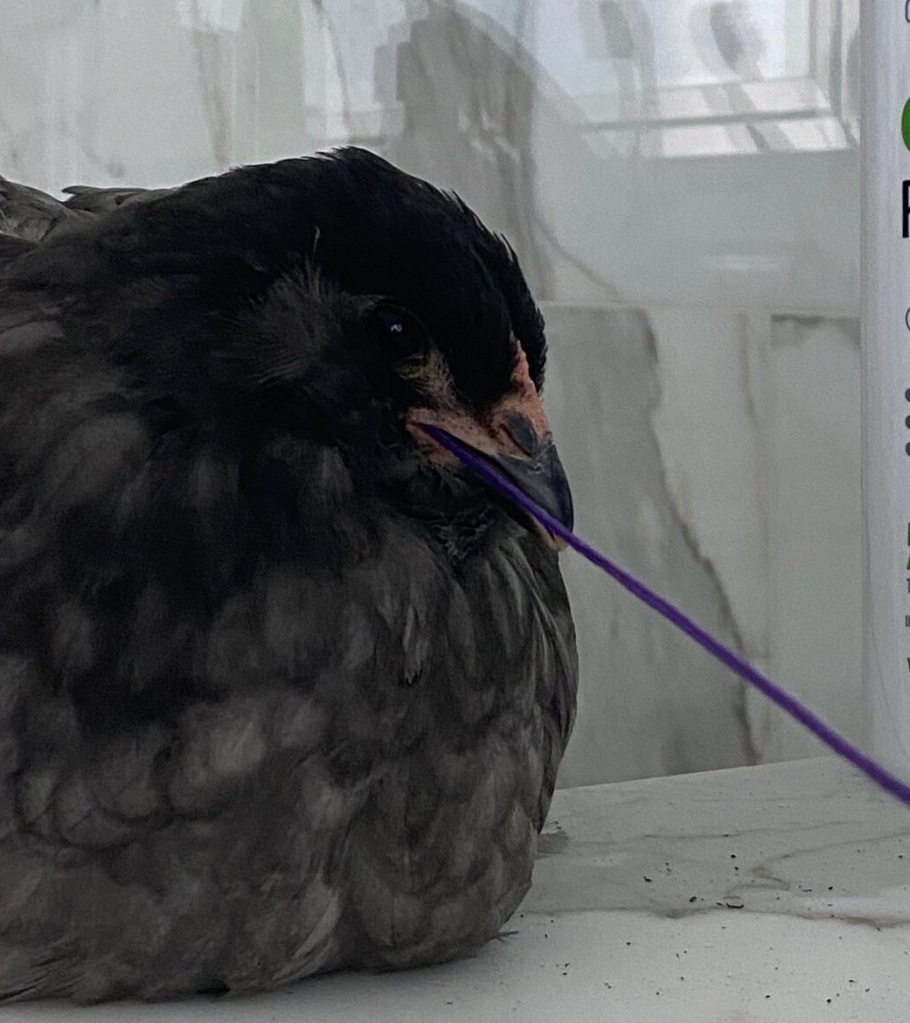
Styrofoam In online poultry groups it’s referred to as ‘chicken crack’. It has no nutritional value but must be very satisfying to peck at, and eat. The problem is Styrofoam is not digestible and if not ground down in the gizzard can lead to impaction in the digestive system. Avoid using uncovered Styrofoam (or fiberglass) insulation in the coop and store unused products safely.
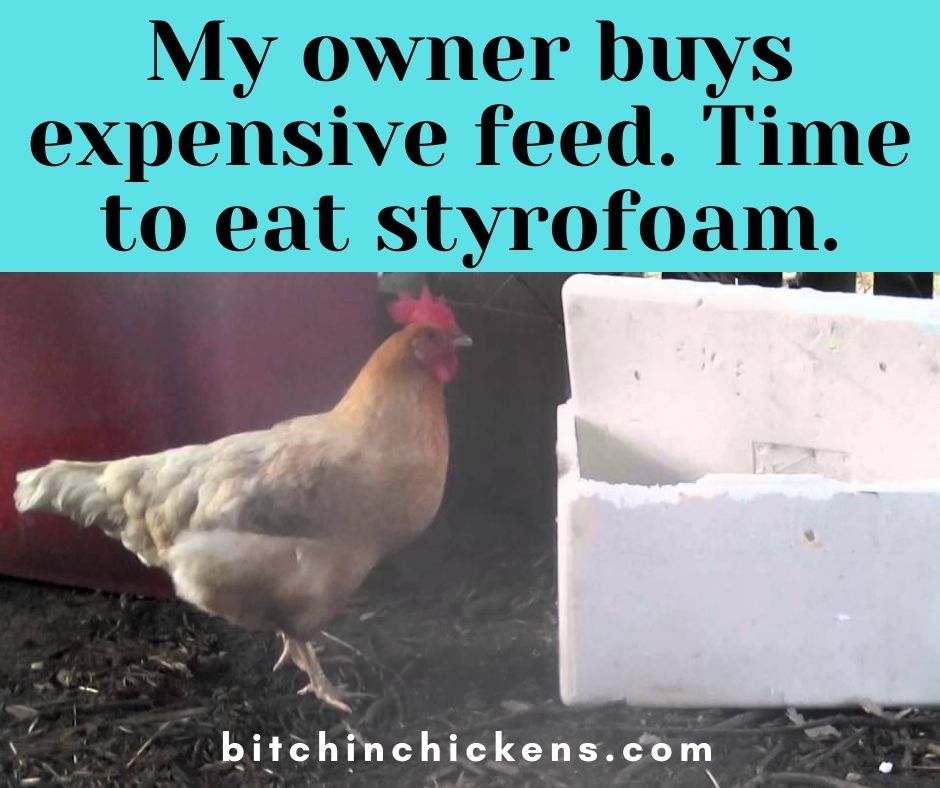
Suffocation Several years ago one of my young chicks went missing. I found her a short time later under an inverted stainless steel feed dish. The emergency was averted because I found her in time. Some time later, I had a group of 5-week-old chicks. This time, having learned my lesson about using a lightweight feed dish, I opted to use a heavy ceramic one confident it would be safe. By some freak accident those chicks managed to overturn it, trapping one of them underneath. Unfortunately, he suffocated and died in the short time he was there. Since then, I’ve been vigilant about the risks of objects that can trap a curious bird, hiding them from help and potentially becoming a death trap: feeders, buckets and flowerpots.
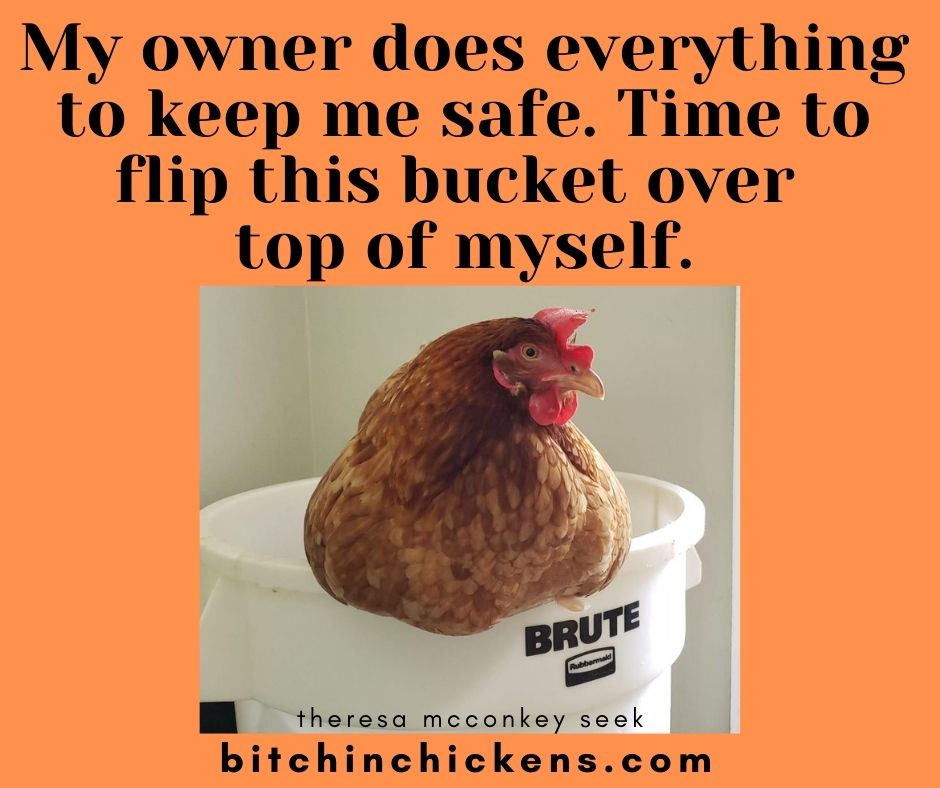
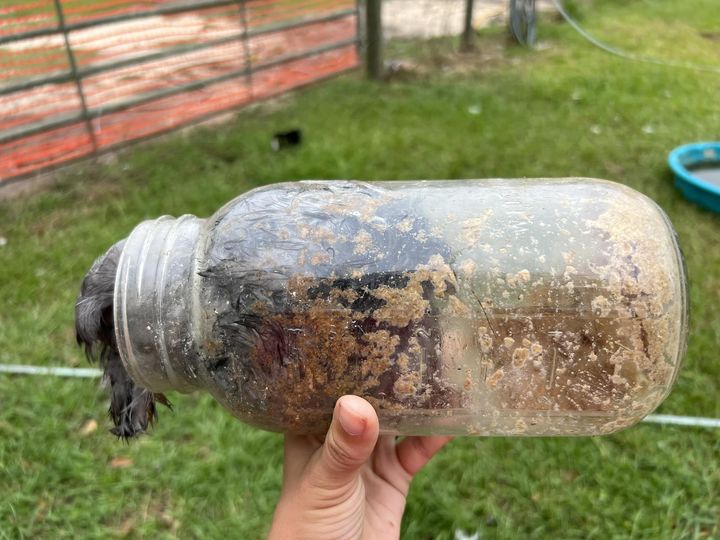
And Finally, Family Members
If i had a dollar for every sad story I’ve read in online groups involving the family dog or kid and chickens I’d be rich. But my goal isn’t to make money, but to improve the outcomes for small flock keepers. That said, please don’t dismiss that your lovable fluffy dog (including something as unassuming as a Yorkie or Chihuahua) or your well-meaning child can’t cause damage to your flock. Some dogs see chickens as feathered wind-up toys, there for their amusement. Horrific injuries can happen in a short time. Please train and/or contain your dogs and consider penning your birds. It will protect them from various predators and give you peace of mind.
We like to think that having pets instills a sense of responsibility and compassion in children, but their interactions with animals need to be age-appropriate and supervised. I’ve read of a whole host of scenarios in which kids left to do chicken chores locked the flock out of the coop overnight, or in the coop without water; slammed a door, or stepped, on one; collected incubated eggs from under a hen; or opened the gate to the garden when the dogs were out … you get the picture, kids shouldn’t be relied on to do tasks that we take for granted. And then there’s children who are allowed to handle fragile chicks, which they can inadvertently drop or step on or squeeze; or knock over or unplug a running incubator.
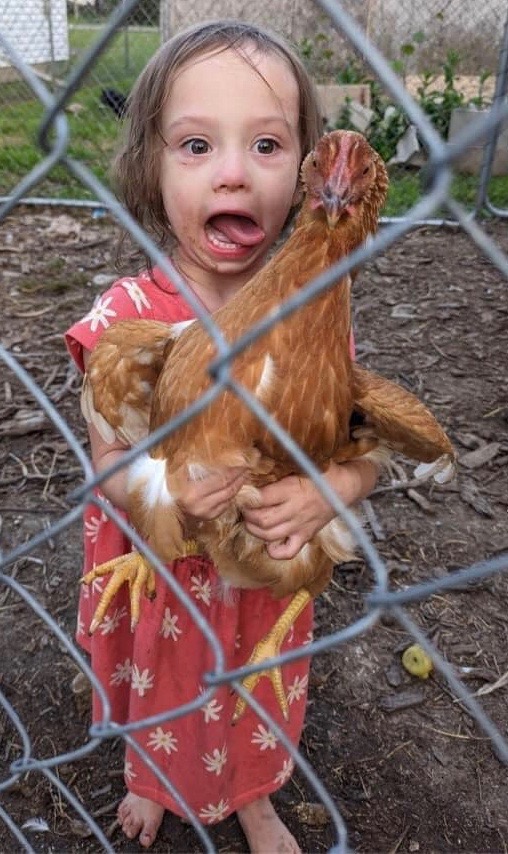
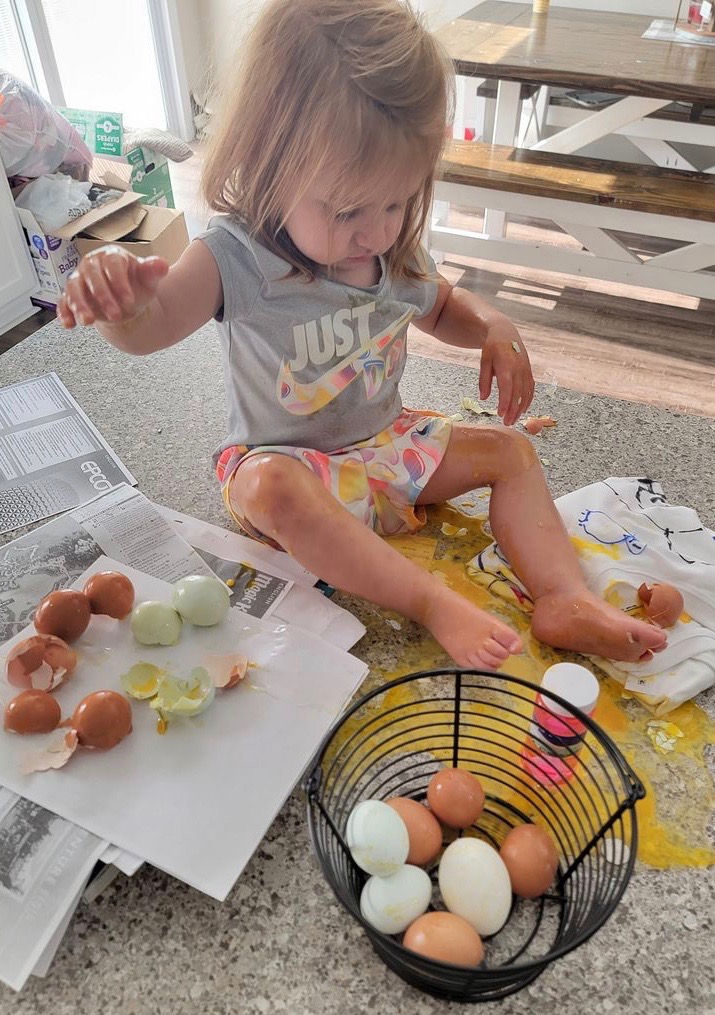
The more you know and the more you are aware of, then the more you can proactively chicken-proof their environment to make it safe. Ultimately that results in fewer tragedies for them and less stress for us. Some things are out of our hands, but many things aren’t. Prevention is so much easier than dealing with the impacts that come from ignoring the things that can go sideways right under our noses.
Featured photo credit: Castle Riecke

Excellent piece! A local Agway burned down recently due to heat lamps- I think there should be a blanket ban on their use with livestock. There’s plenty of modern heating alternatives that aren’t such a fire hazard.
I used to be on board with free range chickens but I’m very much of the mind that UNSUPERVISED chickens should be in a secure, predator proof pen at all times. Beyond the risk to the birds of being loose, we have no way of knowing what damage they’re doing to the environment. Outdoor cats have caused entire species to go extinct, it would be foolish to think free range chickens couldn’t impact the environment as well.
On top of that, I think it’s simply irresponsible to have more birds than you can safely contain. If you have to rely on free ranging in order to meet your birds’ spacial and caloric requirements, then perhaps you shouldn’t have so many birds, or consider the fact that you shouldn’t keep them, period.
LikeLiked by 1 person
My first birds free-ranged for two years. There are certainly benefits but, for me, the risks outweigh them. I have a 1200 sq. ft pen for @30-35 birds with covered areas, fruit trees, dust bath etc and the top is totally netted to protect them for aerial predators.
LikeLike
It can be a big cost to set up, but the heartache from losing birds to predators makes it so worth it to remove that as a potential.
LikeLiked by 1 person
Agreed
LikeLike
Thanks again. Should be required reading for all chicken families.
LikeLiked by 1 person
Agreed!
LikeLike
What a fantastic article ! I’m new to your site. Just ran across you today. I am so happy you included the dangers of lead in dishes ! I have never seen another chicken keeper discuss this & many people are unaware how common it is to find this being used in glazes & paints.
All good advice here. Thanks for sharing !
LikeLiked by 1 person